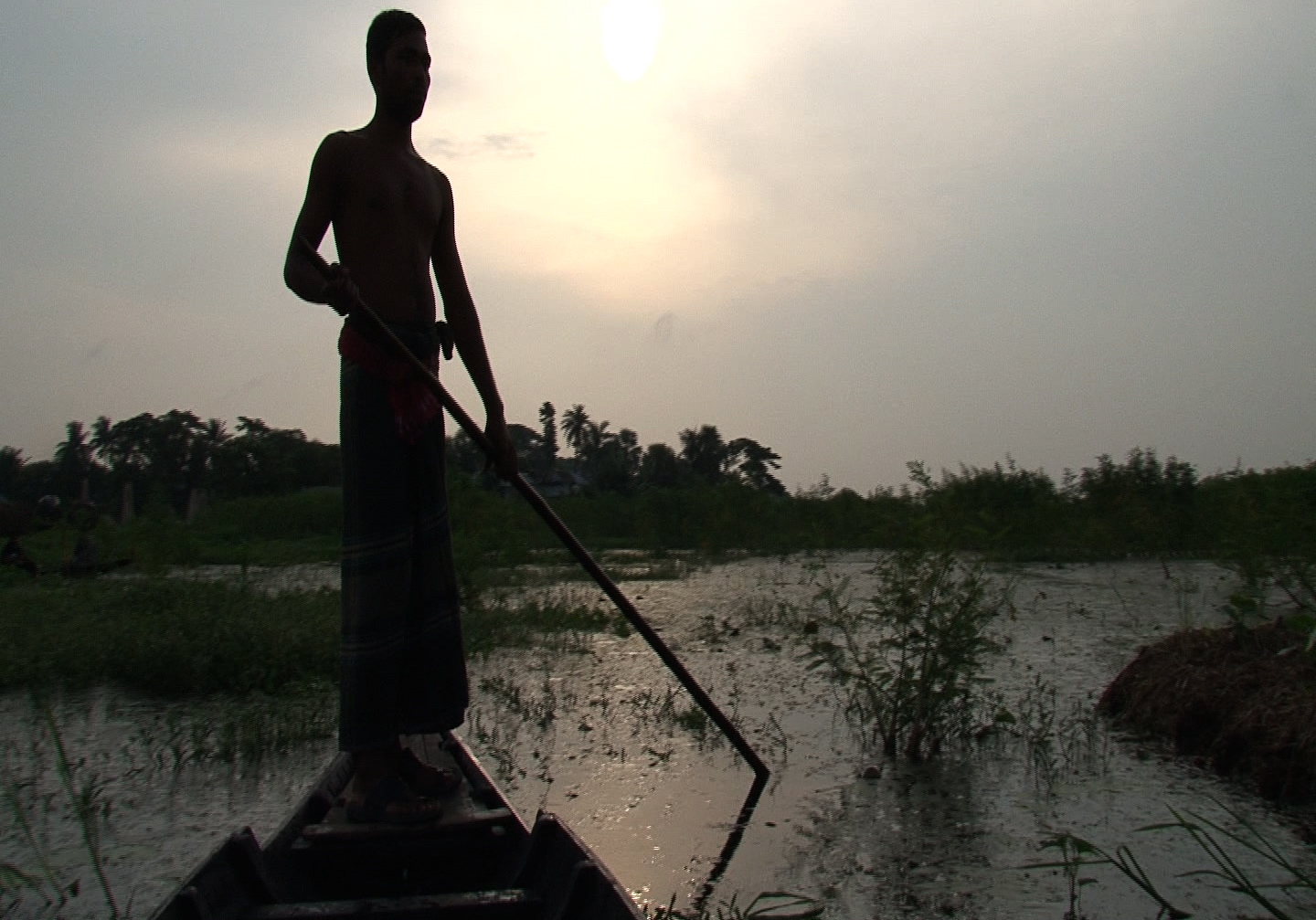Government surveys showed a reduction from 1996 to 2009 in the percentage of children underweight for their age (56 to 43 percent); stunting, or short for age, (55 to 41 percent); and wasting, or underweight for height, (18 to 13 percent) - though this translated into a still high 2.1 million acutely malnourished children. Nevertheless, some notable programmes and policies are in place, according to ACF:
• The national poverty reduction strategy sets as a goal nutrition security, while a 2008-2015 food policy action plan attempts to boost food security for all by bringing together the objectives of various ministries, donors and NGOs.
• Safety nets for the poor, including food or cash transfers accounted for almost 13 percent of the 2009-2010 budget and helped families weather both perennial natural disasters and food price increases.
• Bangladesh has suffered from some of the world’s most extreme weather during the past two decades, according to NGO Germanwatch’s Global Climate Risk Index 2011, but the government’s national adaptation programme includes such things as floating gardens that do not require soil.
• A new agricultural extension policy (1995-2010) has helped boost food production - with credit for small farmers, national agricultural extension services and private sector collaborations to improve seed access; and has helped bring down poverty rates more steeply in rural than in urban areas.
Challenges
But sound policies have not always translated into even progress, said Flavio Salio, head of Médecins Sans Frontières (MSF) in Bangladesh.
MSF is currently piloting community treatments for severe wasting, or acute malnutrition.
"A big obstacle is… the lack of coordination [among] government ministries, NGOs and other stakeholders. There is also a lack of clear nutritional guidelines, and a lack of human resources and health facilities, especially in rural areas,” said Salio.
There is no national authority coordinating nutrition activities and government support and the monitoring of NGO nutrition work is “largely non-existent”, said ACF.
Salio added: “There is a lack of understanding among the general Bangladeshi population about the problem malnutrition constitutes.”
More awareness-raising is needed until people recognize malnutrition as a serious health problem that can lead to complications with infectious diseases like malaria and pneumonia, he said.
Almost one-third of the beneficiaries of one programme targeting vulnerable families; half of primary education stipend recipients; and 40 percent of workers hired on a 100-day employment programme were not actually poor, according to World Bank, the multi-donor National Food Policy Capacity Strengthening Programme and local NGO Bangladesh Rural Advancement Committee (BRAC).
pt/jm/b
This article was produced by IRIN News while it was part of the United Nations Office for the Coordination of Humanitarian Affairs. Please send queries on copyright or liability to the UN. For more information: https://shop.un.org/rights-permissions





